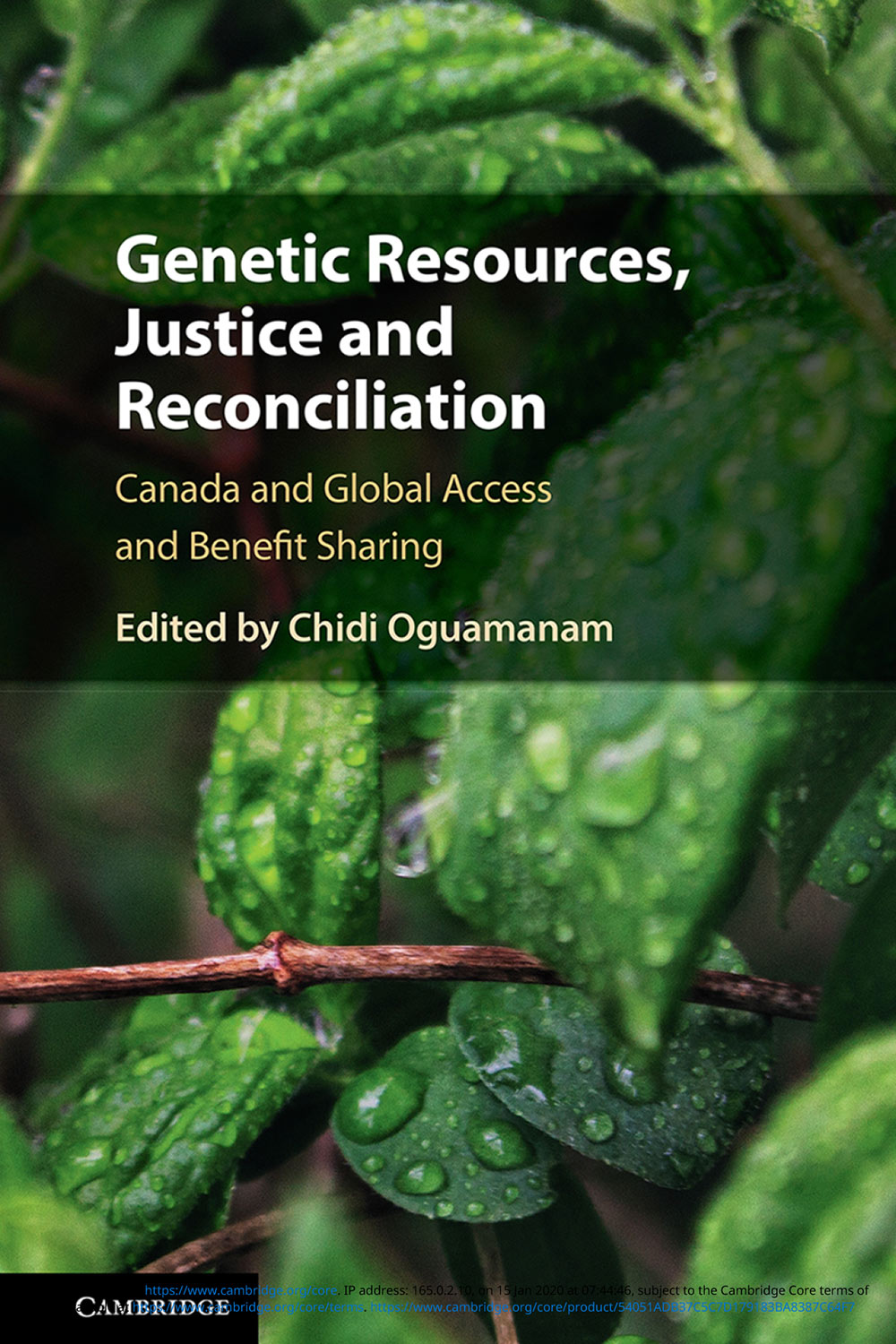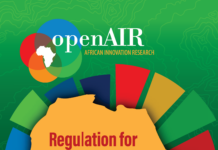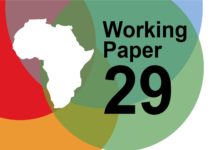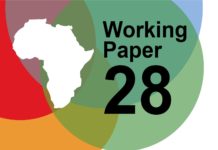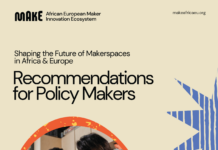Edited by: Chidi Oguamanam
Contributors: Timothy J. Hodges, Jock Langford, Roger Hunka, Joshua Nichols, Daniel W. Dylan, Fred Perron-Welch, Christopher Koziol, Larry Chartrand, Freedom-Kai Phillips, Peter W.B. Phillips, Stuart J. Smyth, Jeremy de Beer, Kelly Bannister, Thomas Burelli
Click here for Open Access and purchase
When the oral history of a medicinal plant as a genetic resource is used to develop a blockbuster drug, how is the contribution of Indigenous Peoples recognized in research and commercialization? What other ethical, legal, and policy issues come into play? Is it accurate for countries to self-identify as users or providers of genetic resources?
This edited collection, which focuses on Canada, is the result of research conducted in partnership with Indigenous Peoples in that country, where melting permafrost and new sea lanes have opened the region’s biodiversity, underscoring Canada’s status as a user and provider of genetic resources and associated Indigenous knowledge.
This work is an important resource for scholars, corporations, Indigenous Peoples, policymakers, and concerned citizens as Canada and other countries take on the implementation of Access and Benefit Sharing policies over genetic resources and associated Indigenous knowledge.
- Represents the only single book-length work that focuses exclusively on access and benefit sharing in Canada as it relates to Indigenous Peoples
- Features a unique undergirding methodology derived from actual conversations with Indigenous Peoples who will be affected by whatever Access and Benefit Sharing (ABS) policy the government of Canada decides to implement
- The focus on Indigenous Peoples’ voices, lived experiences, and unique perspectives on knowledge, innovation, ownership, and conservation provides fascinating and novel insights
- This title is also available as Open Access

